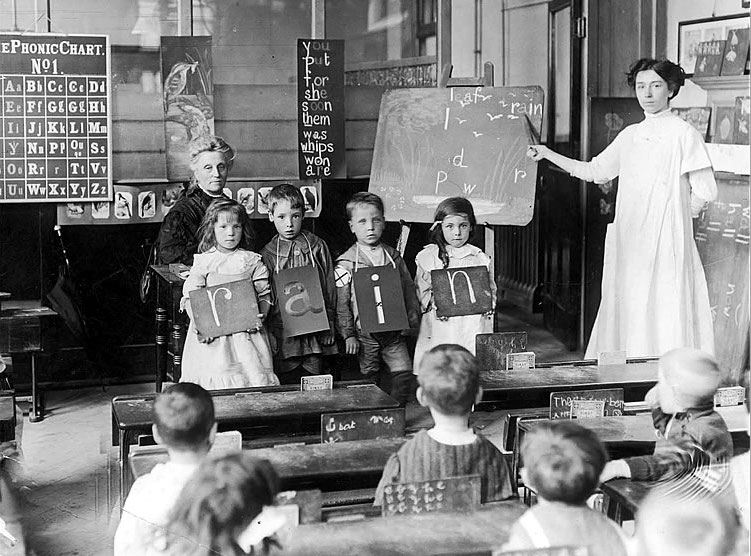Notice: Undefined variable: output in /hermes/walnacweb05/walnacweb05ac/b162/moo.myenglishlanguagecom/wordpress/wp-content/plugins/wordpress-plugin-for-simple-google-adsense-insertion/WP-Simple-Adsense-Insertion.php on line 117
 For many years, the PPP technique has been used in the EFL classroom to great satisfaction. Presentation, practice and production has been at the centre of TEFL, with teachers first presenting the target information, the students then practising it in a controlled way, before producing it in a fresh context with free communication.
For many years, the PPP technique has been used in the EFL classroom to great satisfaction. Presentation, practice and production has been at the centre of TEFL, with teachers first presenting the target information, the students then practising it in a controlled way, before producing it in a fresh context with free communication.
But with some modern approaches to teaching now critical of PPP, and new EFL teaching techniques springing up all the time, has the PPP teaching method become out of date?
Why is the PPP Method so Popular in TEFL?
One of the reasons the PPP method of teaching has been so popular among EFL teachers is because it is so flexible. This straight forward teaching technique can be altered easily to fit in with whatever the students are learning in an English vocabulary or grammar lesson.
In addition to being flexible, the PPP technique of teaching is relatively easy to implement when teaching EFL and makes keeping track of the lesson progression as simpler task, especially for newer teachers.
Indeed, the structure of the PPP lesson gives less experienced teachers a useful reference point when trying to teach to a time-scale, for example, throughout an hour long lesson.
Criticisms of the PPP Method of Teaching
Despite its wide continued popularity as a method of teaching English as a foreign language, the PPP technique has been criticised by some teachers as being out of date in its reliance on teacher input and textbooks.
Instead, some teachers feel that students should be allowed to free-wheel on their own in the lesson, doing all of the talking and minimal formal instruction coming from the teacher.
This is a valid point made by those who reject formal English grammar lessons and who are more committed to the communicative approach to teaching EFL.
Is the PPP Method Out of Date?
There are many criticisms of the PPP method. Some critics suggest that the PPP technique does not do all that it claims, that is, the students cannot always successfully produce the vocabulary or grammar presented to them in the first part of the PPP lesson.
But does this simply mean they need more practice? Perhaps the lesson could be split into a number of lessons to give more time for more in depth presentation and examples, with further time for practice.
If students cannot practise their language well then the problem must surely be related to the methods used for the practice part of the lesson. Either that, or that the language is too complex for the students’ level.
In this case, more time needs to be spent on the presentation part with clearer examples used and more innovative practice methods suggested. This does not seem to be a fair criticism of the PPP method of teaching EFL.
PPP and the Future of EFL Teaching Methods
Every EFL teaching method will have its critics. Although the PPP technique comes under much scrutiny, the method of presenting or looking at language in a detailed way, followed by practising it with various exercises, followed by students using it themselves in free communication, seems a solid grounding for basic language understanding and development.
Share your thoughts on the PPP method of teaching
What do you think? Is the PPP technique out of date?
If you think the PPP method is old fashioned, what other methods of teaching should we be looking towards for the future of EFL?
Attributions
- Children and their teacher at school in Chelsea, England, during a spelling lesson, 1912, The New York Times photo archive, unknown author, [Public domain], via Wikimedia Commons

Pingback: ¿Qué habrían hecho mis profesores? - Ciudad Liberal | Ciudad Liberal